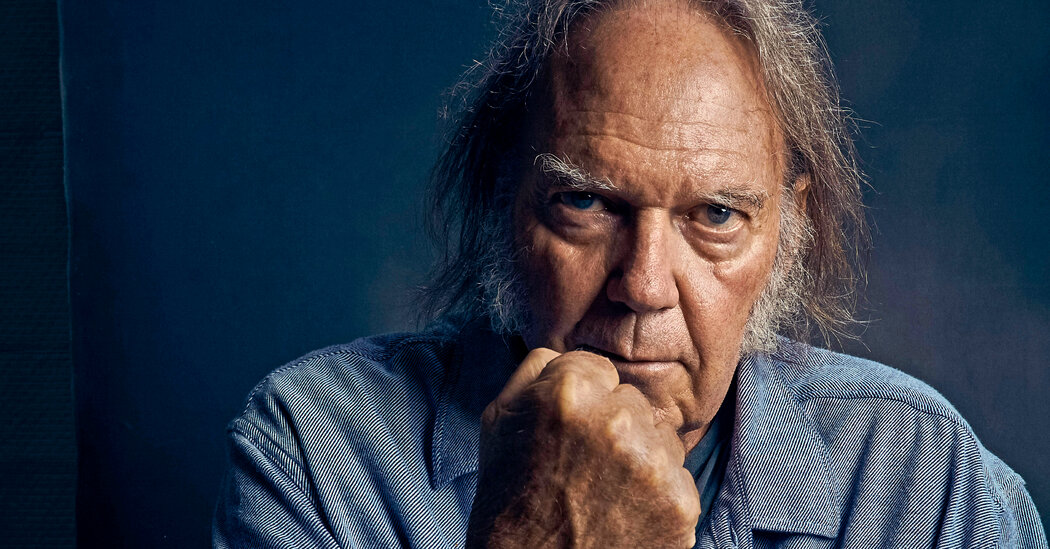
Reminding one another of the early years of our lives is, we think, key. If our first act was pretty fascinating, the second act for too many of our generations focused harder on consumerism than on citizenship; we drifted into an individualism that fit easily with the Reagan ethos of looking out for oneself. But if it worked for us, it clearly isn’t working for the planet or the society as a whole — younger people realized that, which is why they took up the “OK, boomer,” cry, and we’ve begun to realize it too. Older voters began drifting back to Mr. Biden in the last election, but we think that drift needs to grow into a wave if we’re going to defuse the challenges facing us.
And it can. Plenty of people don’t take older Americans seriously as political actors. If you read Twitter in the wake of the Spotify kerfuffle, there were lots of comments about “has-been artists” and “geezers.” We prefer “experienced Americans,” but if you want to talk about codger power, then so be it (and by the way, don’t dis our music — people on music services are mostly streaming old tunes). Since we’ve begun organizing Third Act, it’s been amazing to watch people come in out of the cold to help, people like Sam Brown, who in 1969 helped organize the vast Vietnam Moratorium Day, which drew millions into the streets, and now is helping run the campaign challenging banks on climate change.
“Back then those vast demonstrations started with just a few people,” he said at our national virtual teach-in last month. “We’ve just got to believe we can do what we need to do — and if we believe it enough, we probably can.”
What really should scare the corporate and political bad actors is the prospect of old and young people connecting, because there is real power if we work across generations. Last fall, young activists called for demonstrations outside the fossil-friendly big banks, and they invited us to join in. We did, with a certain amount of gallows humor (“Fossils against fossil fuels” read one banner in Boston). And by the end of this week, younger artists were joining in the Spotify boycott. The soul singer India Arie and the podcaster Roxane Gay, both 40-somethings, had pulled their work, too.
This particular dust-up won’t be a decisive battle in the struggle for a better America and a better planet; in fact, there may not be any decisive battles, just a long series of skirmishes that must be engaged by the young but also by the old. We may be nearer the exit than the entrance, but we’re in this fight for the long haul.
Bill McKibben, the founder of the new progressive group Third Act, also helped found the climate advocacy group 350.org and is the author of the forthcoming book “The Flag, the Cross, and the Station Wagon: A Graying American Looks Back at His Suburban Boyhood and Wonders What the Hell Happened.” Akaya Windwood is the lead adviser of Third Act and a co-author of the forthcoming book “Leading With Joy.”






